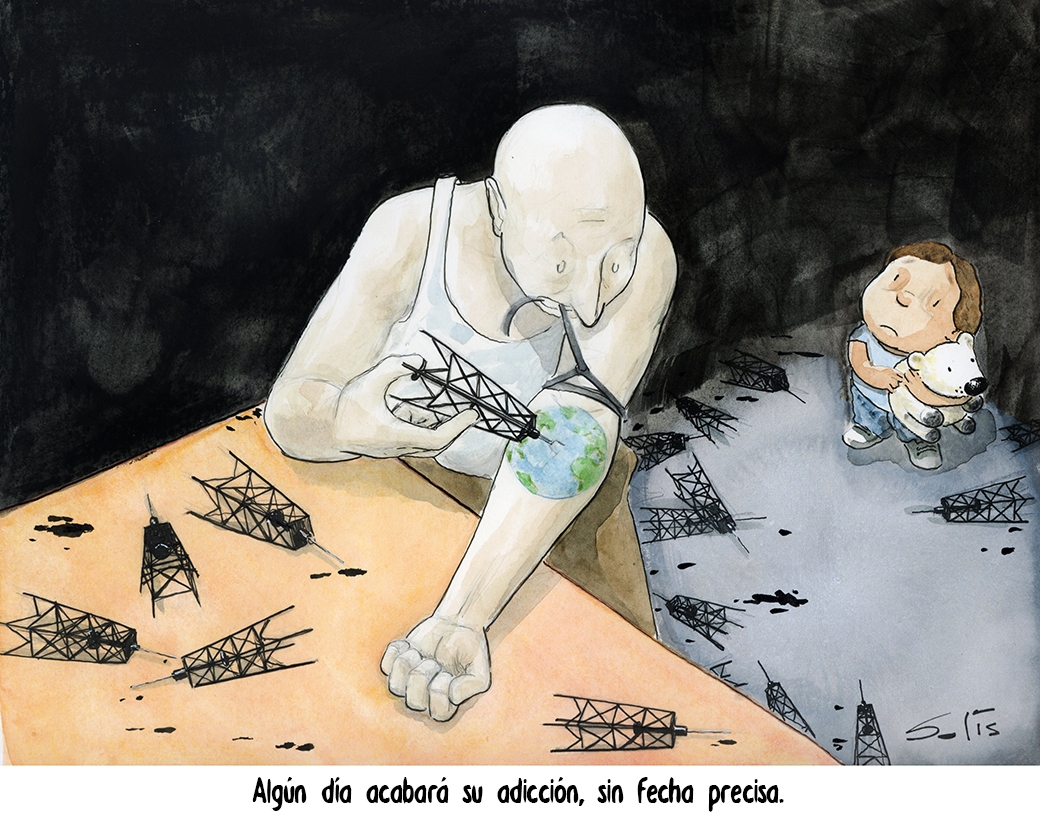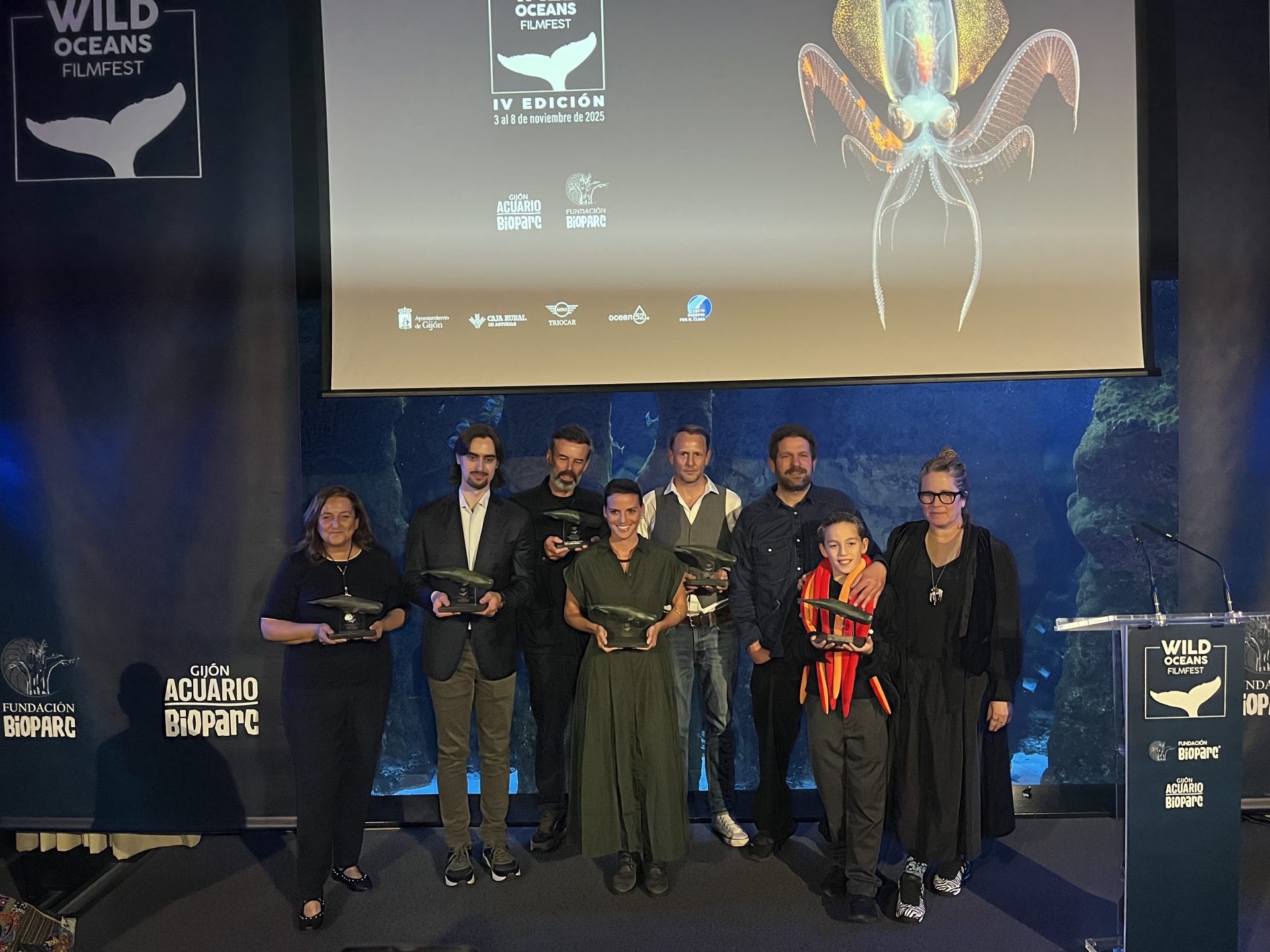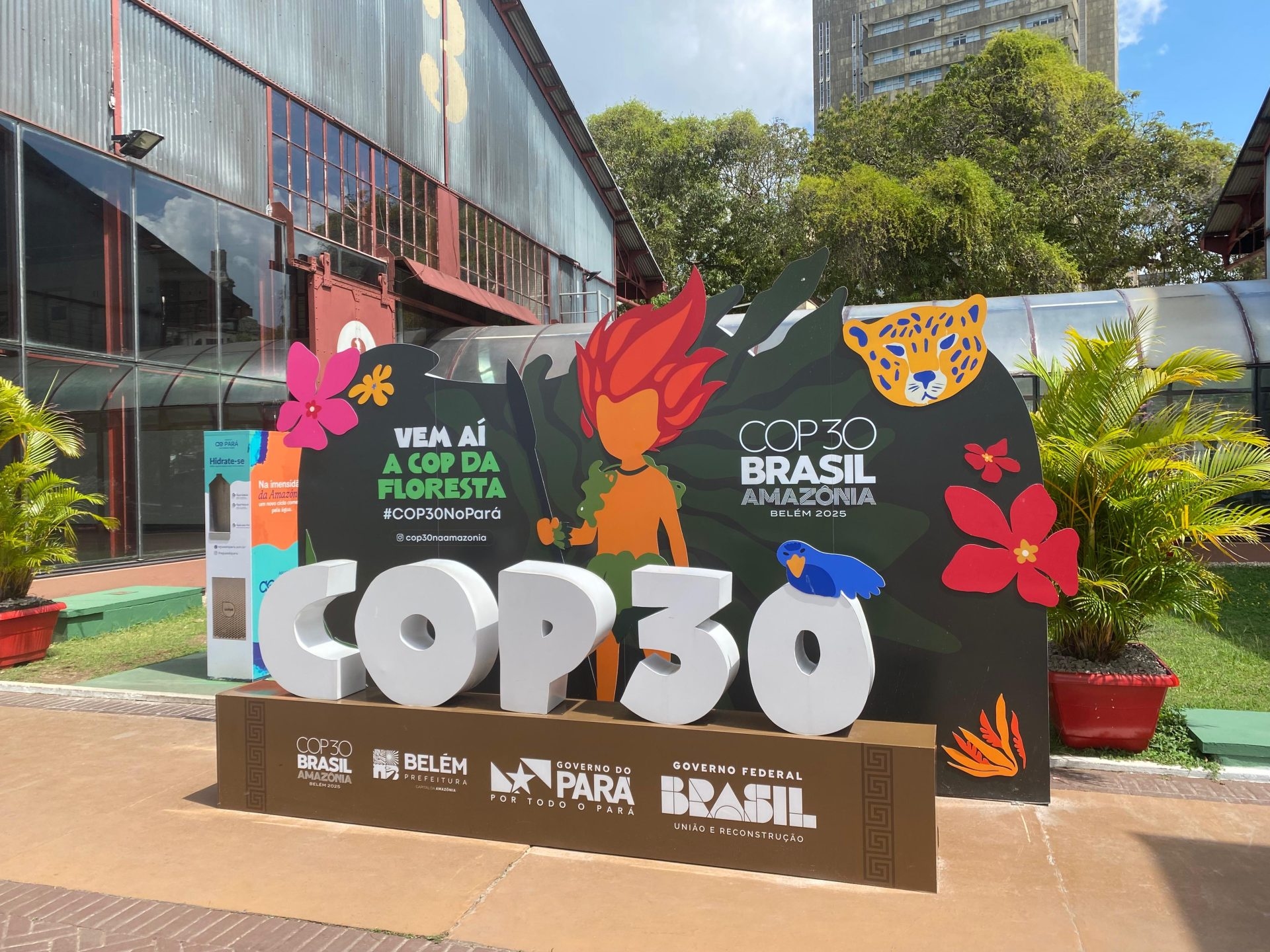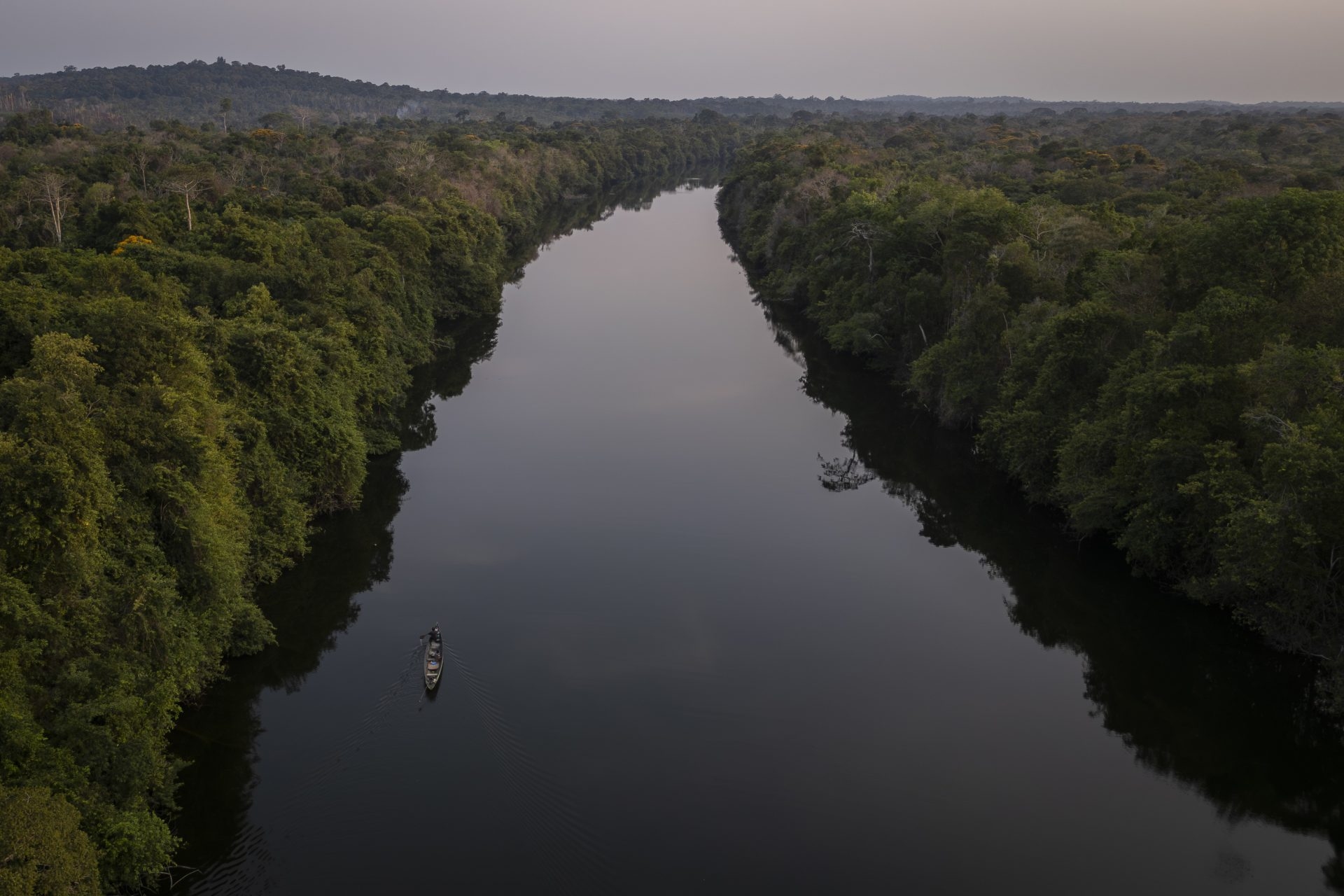COP30 in Belém: Hope in Times of Climate Uncertainty. By Arturo Larena (Director of EFEverde.com)
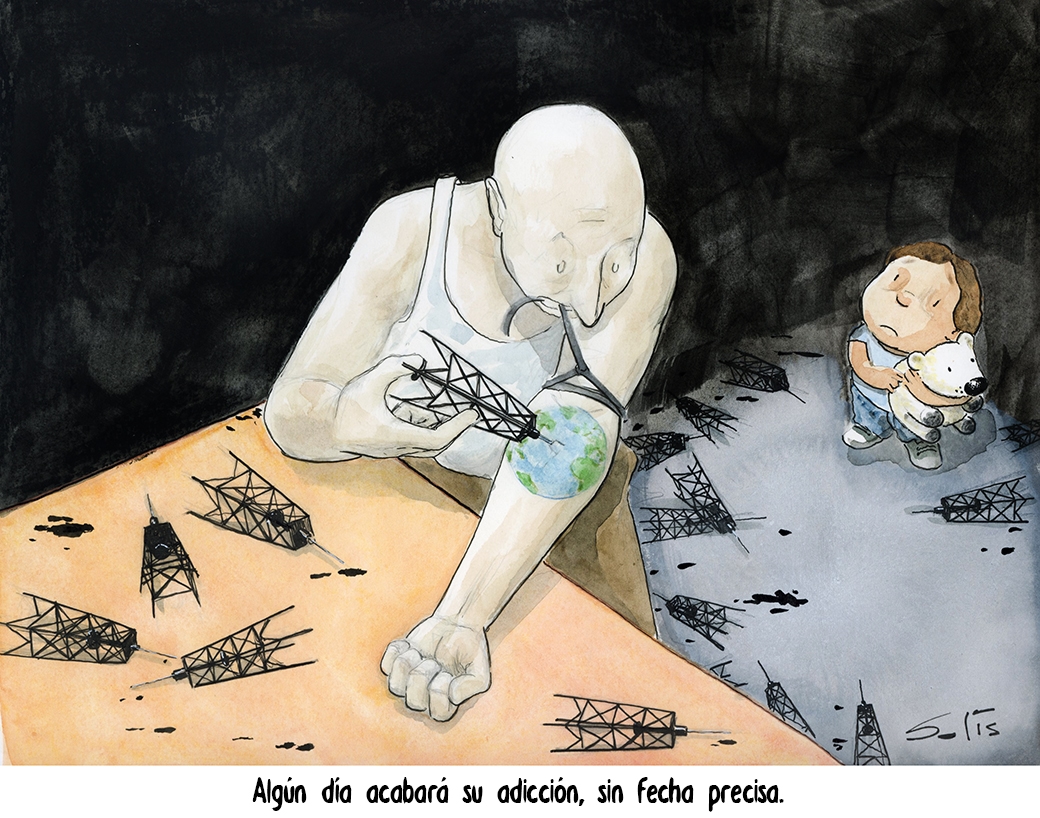
By Arturo Larena / EFEverde
Thirty-three years after the Rio de Janeiro Earth Summit (United Nations Conference on Environment and Development), the world is once again looking to Brazil. COP30 (Conference of the Parties to the UN Framework Convention on Climate Change) is taking place in a world marked by geopolitical instability, the rise of climate change denial, and social fatigue in the face of the climate crisis. And yet, it is also at a time when science, innovation, and international cooperation offer reasons for hope and present adaptation as an opportunity.
The Amazon, a mirror of the futureBelém, at the gateway to the Amazon, is no ordinary venue. It is the stage where the world will decide whether it is capable of preserving its greatest natural laboratory and its most powerful shield against global warming.
Without forests, water, and biodiversity, there is no economy, no security, and no possible future. Brazil has presented this edition as the “COP of implementation,” the meeting where promises must be translated into concrete actions, ten years after the Paris Agreement and thirty years after the first Conference of the Parties.
The Leaders' Summit (November 6-7) brought together delegations from 143 countries and 57 heads of state and government, with Luiz Inácio Lula da Silva as host and Pedro Sánchez representing Spain. The message is clear: the climate crisis cannot wait, but neither can it be tackled without social justice and genuine cooperation.
Two challenges and one opportunityThe negotiators arrive in Belém with two urgent tasks:
- Closing the ambition gap in Nationally Determined Contributions (NDCs).
- Restore confidence in climate finance, weakened by delays and broken promises.
Among Brazil's priorities is the creation of the Tropical Forests Forever Fund (TFFF), which aims to mobilize $125 billion to reward countries that protect their rainforests. It is also promoting the Baku-Belém Roadmap, with the goal of reaching $1.3 trillion annually in climate finance by 2030, and proposes to quadruple biofuel production by 2035.
More information about the Brazilian proposal at EFEverde.
Forests, biodiversity and natural solutionsProtecting tropical forests will be one of the major themes of COP30. Nature-based solutions could contribute up to 37% of the global mitigation needed by 2030, an approach as effective as it is underestimated.
The TFFF aims to consolidate stable, long-lasting and fair financing for these ecosystems.
On a planet where "regression" threatens to relegate the environmental agenda, forests continue to remind us of something essential: protecting nature is protecting ourselves.
Climate finance: justice and trustThe financial debate will be crucial. Countries must define a new, more transparent and equitable global climate finance framework to reach the goal of $1.3 trillion annually.
Without that economic base, maintaining the 1.5°C limit will be an illusion.
More details on the financial and cooperation keys at EFEverde.
Just transitionA just transition will be another essential focus of Belém. It's not just about changing technologies, but about changing models, ensuring that no one is left behind. Promoting a low-carbon economy means offering new job opportunities, green training, and social protection to the sectors and communities most vulnerable to the energy transformation.
From Latin America to Europe, climate justice and social justice must go hand in hand. Only a transition that combines inclusion, decent work and sustainability will be able to consolidate the citizen support necessary to keep climate ambition alive.
Adaptation, loss, and damage: the outstanding debtAdaptation is the most human face of this crisis. Belém should implement the Global Adaptation Goal, establish measurable targets, and guarantee accessible funding for the most vulnerable countries.
As André Corrêa do Lago, president of COP30, has pointed out, “now is the time to leave inertia behind.”
Loss and damage are already tangible realities, but so too are the resilience and responsiveness of communities living on the front lines of climate change.
Europe, time for truthEurope arrives in Brazil with the challenge of maintaining its climate leadership. The European Union has approved a 90% reduction in CO₂ emissions by 2040, albeit with considerable flexibility.
The question is whether the bloc will be able to combine ambition, coherence, and social justice in a global context of wars, trade tensions, and climate misinformation.
From Paris to Belém: a decade to actTen years after the Paris Agreement, investment in clean energy is now double that of fossil fuels, but current trajectories still take us further away from climate goals.
The challenge is not technological, but political. Science offers the solutions; what is lacking is the will to implement them.
A window of hopeBelém is not just a venue: it is a reflection of humanity's true commitment. In a time when political noise and denial threaten to paralyze progress, this summit can restore something essential: the hope that it is still possible to change course.
Because even in the most difficult times, cooperation and joint action remain our best tool against climate change.
To learn more at EFEverde:
Green Opinion Creators #CDO is a collective blog coordinated by Arturo Larena , director of EFEverde
This opinion piece may be freely reproduced, citing its authors and EFEverde.
Other Green Opinion Makers (#CDO) platforms
This blog by "green influencers" was a finalist in the 2023 Orange Journalism and Sustainability Awards in the "new formats" category.
efeverde


